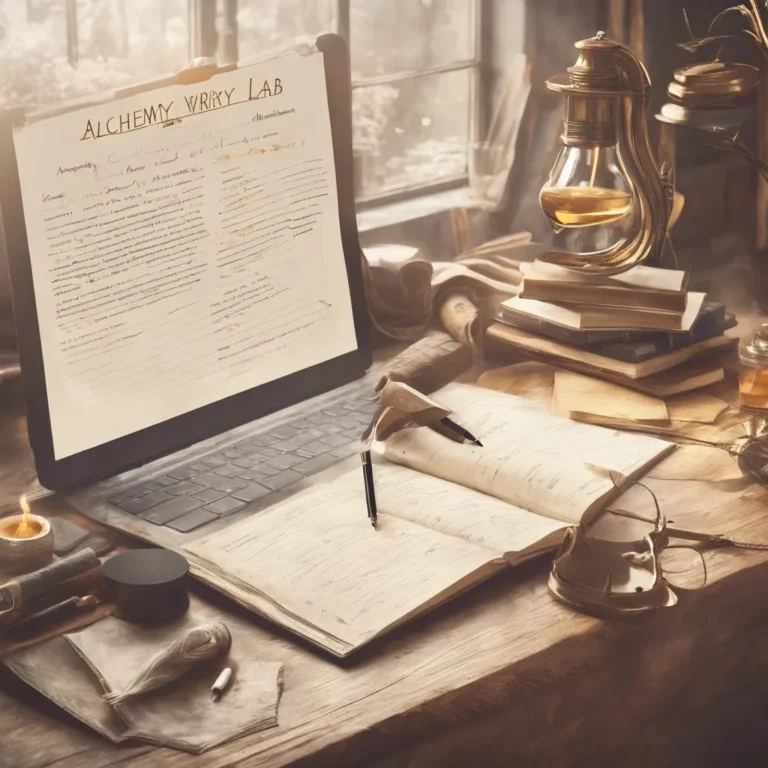
Staying Motivated as an Adult Learner: Tips
Set clear goals, manage your time, and be sure to celebrate small wins.
Be sure to confirm with your mentor, or advisor, the subject of your PLA before you begin. They also need to confirm that the PLA will fit into your degree plan.
Before you Begin
Every college and university will have different criteria for writing a PLA essay. Be certain of the parameters your college or university has in place before you start. Discuss this with your mentor/advisor or designated student support person.
Make sure you agree on potential titles and the subject of your PLA. If you are planning to write more than one PLA it is very helpful to finish one and then, use it as a template for the remainder.
Experiential learning may be equivalent to, or closely resemble, a course that you might find in a college curriculum somewhere. Search online catalogues to find courses that match your experiential learning. You can mention these courses in your essay should they be closely aligned with your own experiential learning.
This may take some brainstorming
Begin by brainstorming ideas – jot everything down in point form or use a tape recorder to begin. As you move through subsequent drafts you will begin to refine ideas and add detail.
For instance, if you are requesting credits for your work in special effects makeup then you might investigate film departments of schools – like NYU – as well as special effects companies. You might reach out to people who are already working in the industry and ask where and how they learned their trade. In some cases, it may take some digging but making the connection between the learning you have acquired and how that learning augments your degree is essential.
Questions to ask
Considerations
If you are requesting credits for a job, you currently hold then take a look at the original job description and your resume. See if they match up. Chances are your job has changed considerably if you’ve been at it for a long time.
Something Always Goes Wrong
A big part of learning is the fact that something always goes wrong. We like to call these anecdotes, “War Stories.” This is the perfect opportunity to explain how you overcame a problem or devised a new course of action that corrected some inefficiency or allowed you to side-step an obstacle. Always talk about the challenges and problems you’ve encountered in your PLA. Your explanation of how you overcame problems encompasses the perfect learning experience. Take the time to detail mistakes and/or challenges and tell us about the resolution you formulated, or what actions you took to overcome the challenge. What did you learn from this resolution? What you learned about the process and how you have been able to incorporate that learning into your progress, is the crux of the PLA journey.
Specifics:
It may help to think of your experiential learning as if it were a syllabus that you had to teach to others. If that were the case, what points/topics would you need to focus on and explain in order for someone to understand it?
Remember, this is a process. No one gets it right the first time and that’s okay! The nature of this essay is that you will make many revisions.
share this POST:

Set clear goals, manage your time, and be sure to celebrate small wins.

So, what is a “thesis statement”?
It’s a statement of opinion you can argue.
Yep. That’s it.

In an annotated bibliography, every sentence counts, so make sure your writing is direct and that you articulate the main points you want to make efficiently.